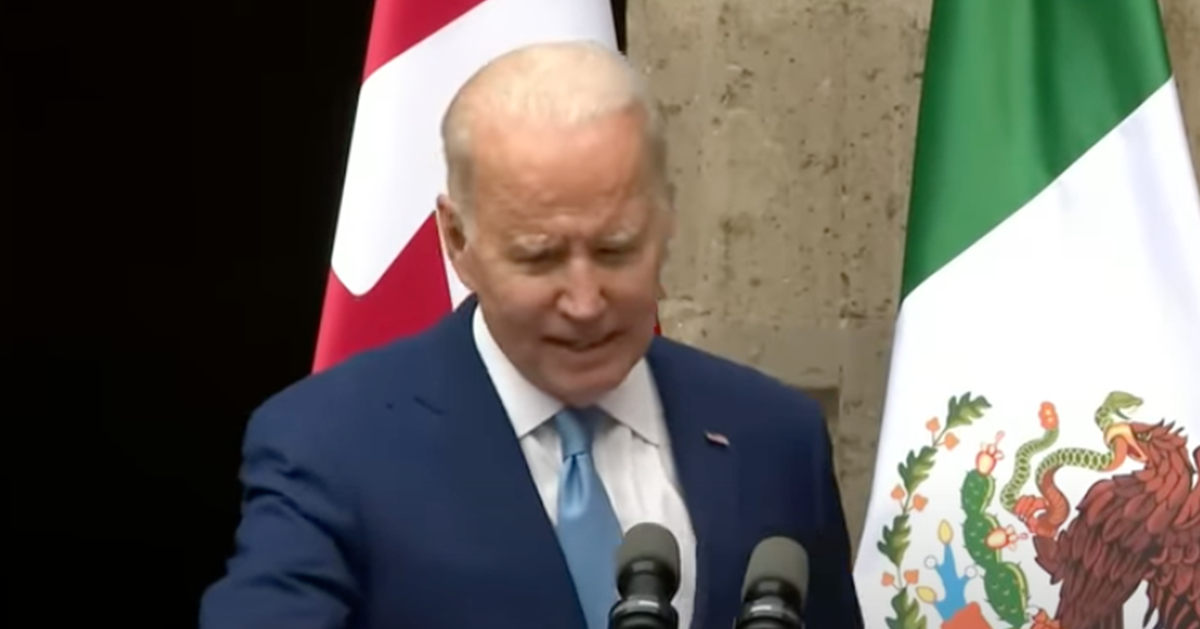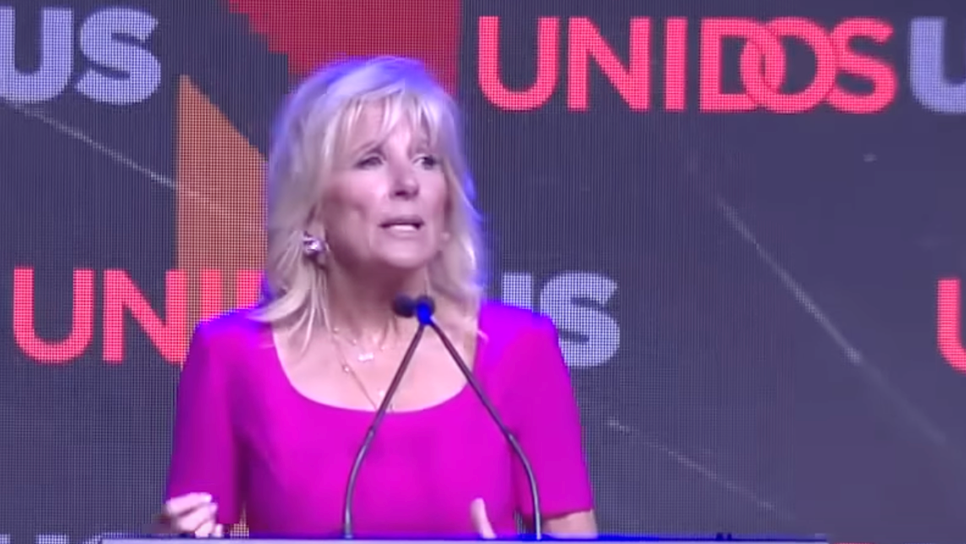Trump Asks Judge Merchan to Toss Guilty Verdict After SCOTUS Immunity Ruling
In a significant judicial move, Former President Donald Trump has petitioned Judge Juan Merchan to overturn a guilty verdict using a recent Supreme Court ruling as leverage.
Amid recent Supreme Court decisions, Trump has sought to invalidate a Manhattan jury's decision through constitutional immunity arguments, as the Daily Mail reports.
The case begins with the Supreme Court's landmark decision that ruled a sitting president has limited immunity, which strictly covers official acts performed during their presidency. This 6-3 ruling clarified the bounds of presidential immunity, noting absolute protection for actions within a president's constitutional authority. It also recognized presumptive immunity for official acts while offering no protection for actions deemed unofficial.This ruling provided the basis for Trump's new legal challenge.
After being found guilty on 34 counts of first-degree falsification of business records in Manhattan related to payments to Stormy Daniels during the 2016 campaign, Trump’s attorneys have positioned the recent Supreme Court decision as a pivotal factor in their appeal. They reached out to Judge Merchan, urging a reevaluation of the verdict in light of this national legal development.
Trump’s Legal Team Responds to Supreme Court Ruling
Trump’s legal representation has argued that the case’s focus was primarily on his actions as a candidate rather than his conduct as president. Within their legal submissions, as reported by the New York Times, they claimed that the Supreme Court’s immunity decision should affect the outcome of Trump’s trial.
This prompted them to request a delay in sentencing scheduled for July 11, in the hopes that the Judge would reconsider the verdict.
The request for postponement comes just before the Republican National Convention, indicating the political significance and timing of this legal maneuver. These developments align with Trump's ongoing effort to navigate legal challenges while maintaining his political influence.
Political Repercussions and Capitol Riot Concerns
Following the Supreme Court’s decision, the response from various quarters has been swift and varied. Prominent Democrats have voiced concerns over the implications of the decision.
Representative Alexandria Ocasio-Cortez (D-NY), in particular, mentioned plans to initiate impeachment proceedings against justices, though she did not specify names.
This comes in context to the broader interpretations of the immunity ruling and its potential to be weaponized against political opponents.
Further complicating the legal landscape, the Capitol protest prosecutions were also mentioned, shedding light on how federal statutes may be applied or misused, a concern highlighted by last week’s Supreme Court’s interpretations.
Trump’s Legal Alignment With Supreme Court Immunity Guidelines
The ruling from the Supreme Court emphasizes, "Under our constitutional structure of separated powers, the nature of Presidential power entitles a former President to absolute immunity from criminal prosecution for actions within his conclusive and preclusive constitutional authority."
This aligns with Trump’s defense strategy to categorize his actions under this protective umbrella.
Trump's team has leveraged this decision to argue that since the acts in question occurred during Trump’s time as a candidate, they should ideally fall under the Supreme Court’s guidelines of immunity, even if the presidential immunity does not directly apply to unofficial acts, as the verdict currently stands.
Broadening Impact of Judicial Interpretations
The broader implications of this Supreme Court decision resonate beyond Trump's case. It affects how presidential actions are legally interpreted, potentially setting precedents for future prosecutions and judicial evaluations of presidential behavior.
As this case progresses, the intersections of law, politics, and presidential accountability continue to foster debate and legal scrutiny, drawing attention from various sectors of American society.
In conclusion, the attempt by former President Trump to dismiss his Manhattan business records conviction reflects a complex interplay between constitutional law and political strategy.
By invoking the Supreme, his legal team seeks to recalibrate the legal proceedings, with potential repercussions for the separation of powers doctrine and the legal framework surrounding presidential immunity.






